Resources

With wisdom, compassion, and gentle humor, Parker J. Palmer invites us to listen to the inner teacher and follow its leadings toward a sense of meaning and purpose. Telling stories from his own life and the lives of others who have made a difference, he shares insights gained from darkness and depression as well as fulfillment and joy, illuminating a pathway toward vocation for all who seek the true calling of their lives. (From the Publisher)
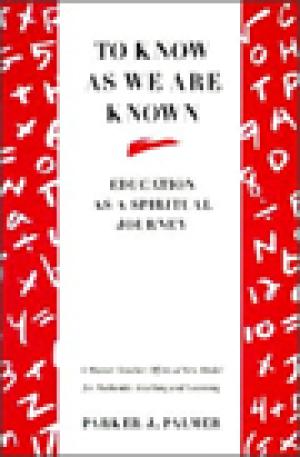
This primer on authentic education explores how mind and heart can work together in the learning process. Moving beyond the bankruptcy of our current model of education, Parker Palmer finds the soul of education through a lifelong cultivation of the wisdom each of us possesses and can share to benefit others. (From the Publisher)

Teachers choose their vocation for reasons of the heart, because they care deeply about their students and about their subject. But the demands of teaching cause too many educators to lose heart. Is it possible to take heart in teaching once more so that we can continue to do what good teachers always do - give heart to our students? In The Courage to Teach, Parker Palmer takes teachers on an inner journey toward reconnecting with their vocation and their students - and recovering their passion for one of the most difficult and important of human endeavors. (From the Publisher)
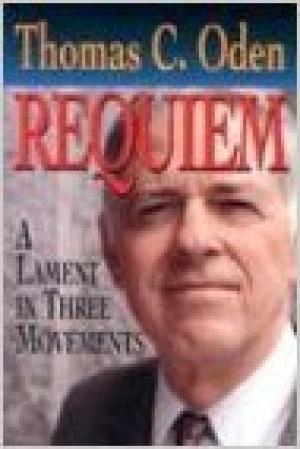
In a post-liberal critique of the mainline establishment, Oden identifies the failures of contemporary theological education and its accompanying ideology, maps out the ultra-liberalization of church bureaucracies and special interest politics, and calls for a return to classical Christian theological roots and categories.
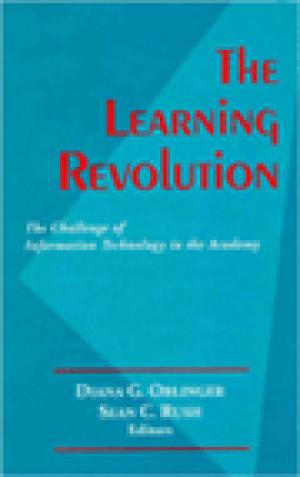
This book addresses the fundamental changes occurring in higher education, centering on productivity, quality, access, and competitiveness. The 15 chapters illustrate how public and private institutions are providing leadership for the higher education revolution. (From the Publisher)
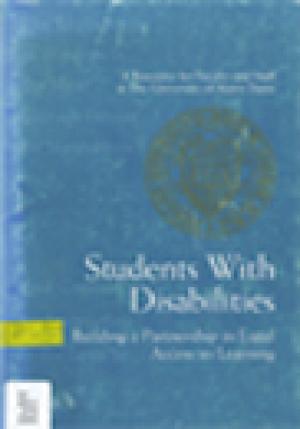
Cover title. "A resource for faculty and staff at the University of Notre Dame"--Cover.
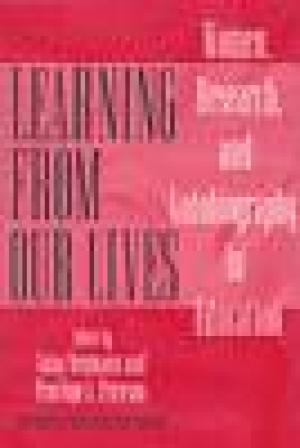
In Learning from Our Lives: Women, Research, and Autobiography in Education, eleven women who are eminent educational researchers speak out intimately, and from these autobiographical accounts, readers experience how research that emerges from diverse women's lives shapes (and reshapes) educational knowledge and discourse. The book offers thoughtful insights into how the field of education might change as women assume positions of intellectual leadership. The distinguished list of contributors includes Kathryn H. Au, Concha Delgado-Gaitan, Maxine Greene, Patricia J. Gumport, Gloria Ladson-Billings, Ellen Condliffe Lagemann, Martha Montero-Sieburth, Anna Neumann, Nel Noddings, Penelope L. PEterson, and Linda f. Winfield. The book will be an important resource for graduate courses in foundations, teacher education, philosophy of education, women and education, research methods, sociology of education, and politics and education; general readers will find it fascinating reading as well. (From the Publisher)
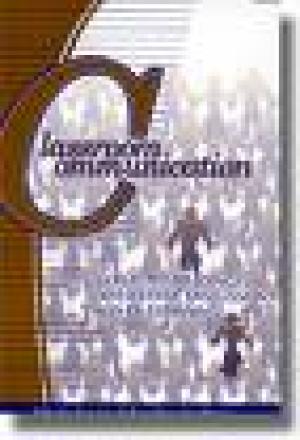
Are you dismayed by the lack of discussion and questioning in your classroom? Good two-way communication can be difficult. Classroom Communication explains how effective strategies can get students out of the "tell me, show me" attitude and into lively participation. This book offers ideas on how to start and facilitate discussion, utilize group dynamics, and in-corporate discussion participation into grading. Each section ends with questions and suggestions for individual reflection, moving concepts from the page into the classroom. (From the Publisher)
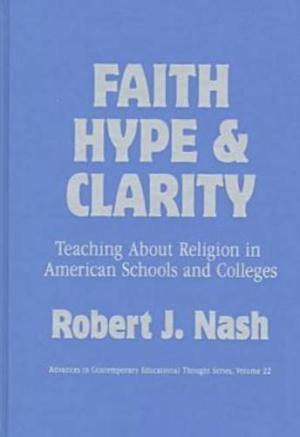
In an effort to provide clarity about the highly charged issue of religion in US classrooms, Nash (College of Education and Social Services, Univ. of Vermont) describes and critiques four diverse religious positions, namely, fundamentalist, prophetic, alternative spiritualities, and post-theist. He uses a narrative approach, asking such questions as, is it workable? is it convincing? does it move people and provide a sense of purpose, community, moral action? and does it explain the unknown? Chapters cover the positive and negative aspects of the four religious positions Nash describes. They outline a methodology and curriculum of religious education, focusing on these four positions, which have gathered much strength throughout society and have created controversy in communities in the United States and around the world. Relevant readings are integrated into the text, which purports to help schools and colleges move toward "religious literacy." For a similar perspective, see Richard J. Bernstein's The New Constellation: The Ethical-Political Horizons of Modernity/Postmodernity (1992). Suitable for upper-division undergraduates and beyond; recommended especially for use by teachers and policy makers. (From the Publisher)
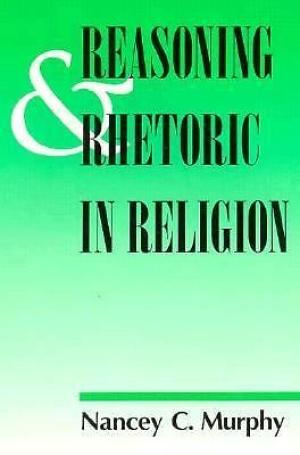
These days, when popular religious movements are enthusiastic rather than reflective, it is particularly helpful for students to be given better ways of grasping the significance and strengths of their own beliefs. Nancey Murphy's new book presents the methods of contemporary argumentation analysis in a way that helps readers develop habits of critical reading and thinking that serve them well not only in religion, but in other fields of experience and action. At one and the same time easy to read, and deep in its implications, her book is something of a tour de force. (From the Publisher)